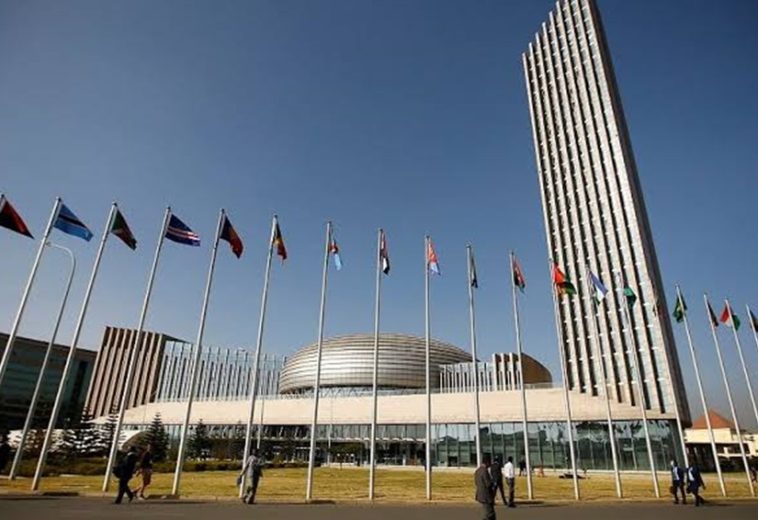Sports governance in Africa is a dynamic field that involves various sports organisations, youth sports policies, and the pivotal role of governments. Together, these entities promote youth participation in sports—essential for individual development and societal progress. With the global sports industry projected to reach $624 billion by 2027, Africa stands to benefit significantly, given its youthful demographic. However, the journey towards this growth is fraught with challenges that require innovative solutions.
The Crucial Role of Government in Sports Administration in Africa
Government involvement in sports governance in Africa is indispensable, spanning policy development, funding allocation, and the creation of an enabling environment for youth sports participation. By improving access to education and healthcare, governments can foster a sports culture that benefits the youth. Key areas where governments can positively impact the sports ecosystem include:
READ ALSO: Sports Diplomacy: The Role of Sports in Fostering Regional Cooperation
Policy Development in Youth Sports
Governments must create and enforce youth sports policies that ensure access, inclusivity, and active participation in sports for all socio-economic groups.
Funding and Infrastructure Development for Sports in Africa
Adequate funding for sports facilities, training centres, and youth development programmes is essential for providing young athletes with the resources they need to excel.
Collaboration with the Private Sector
Engaging the private sector through sponsorships, partnerships, and investment initiatives can amplify resources for youth sports, making it more accessible to a larger number of young people.
Awareness Campaigns to Promote Sports in African Communities
Government-led campaigns are crucial for educating communities on the mental, physical, and social benefits of participating in sports. Additionally, promoting traditional African sports can foster a sense of local pride and inclusion.
The Growth Potential of Youth Sports in Africa
Africa’s sports landscape is full of optimism, underscored by the following key statistics:
• Africa’s Youthful Demographic Advantage: The continent boasts the world’s youngest population, with around 70% of the population under the age of 30. This demographic is key to Africa’s potential as a sports powerhouse.
• Projected Growth in African Sports Business: According to PwC’s Global Sports Survey 2023, Africa’s sports business is forecast to grow by 8% over the next 3-5 years.
• Rise of Globally Recognised African Athletes: The increasing success of African athletes across various sports disciplines continues to inspire younger generations to engage in sports.
These statistics highlight the immense potential within Africa’s sports sector and underscore the need for targeted government intervention.
Key Challenges Facing Youth Sports Governance in Africa
While Africa has substantial potential in sports, various challenges hinder the development of youth sports governance:
Financial Constraints in Sports Funding
Many African governments struggle to allocate adequate funding to sports, resulting in substandard facilities, limited training programmes, and a lack of scholarships for promising athletes.
Deficient Sports Infrastructure in Rural and Urban Areas
The absence of quality sports facilities, particularly in rural or underserved urban areas, means many youths are unable to access sports programmes.
Cultural Barriers to Sports Participation
Cultural stigma, particularly towards girls’ involvement in sports, remains a significant barrier in many communities, limiting participation opportunities.
Limited Access to Quality Coaching
Insufficient investment in coach education means many young athletes do not receive the guidance they need to reach their full potential.
Solutions for Sustainable Youth Sports Governance in Africa
To foster sustainable youth sports development, Africa must focus on multi-dimensional solutions that address existing challenges:
Increased Government Funding for Youth Sports
A dedicated increase in government funding for youth sports initiatives will help address infrastructural deficiencies and expand sports access for the youth across Africa.
Public-Private Partnerships to Boost Sports Funding
Governments should seek active collaborations with private sector stakeholders, NGOs, and international development agencies to mobilise additional resources for youth sports development.
Grassroots and Community Engagement in Sports
Encouraging grassroots initiatives, such as local sports festivals, talent identification programmes, and school sports competitions, can increase youth sports participation and engagement in communities.
Investment in Coach Education and Training
Providing coaches with the necessary education and training ensures young athletes receive high-quality mentorship, enhancing their prospects of excelling in sports.
Promoting Traditional African Sports
By integrating traditional sports into school curricula and community events, governments can nurture a sense of cultural pride and inclusion, while diversifying the sports landscape.
Harnessing the Power of Sports for Youth Empowerment in Africa
The role of government in sports administration is crucial to unlocking Africa’s sporting potential. With a youthful population, growing interest in sports, and promising market projections, it is imperative that governments act decisively to overcome existing challenges. By implementing targeted solutions—such as increased funding, public-private partnerships, and community-based initiatives—Africa has the opportunity not only to cultivate world-class athletes but also to use sports as a tool for social development and youth empowerment.
Sports can be a cornerstone of progress for African nations, contributing to both individual and collective societal advancements. Governments must act swiftly to ensure youth sports development remains a priority for Africa’s future growth.




